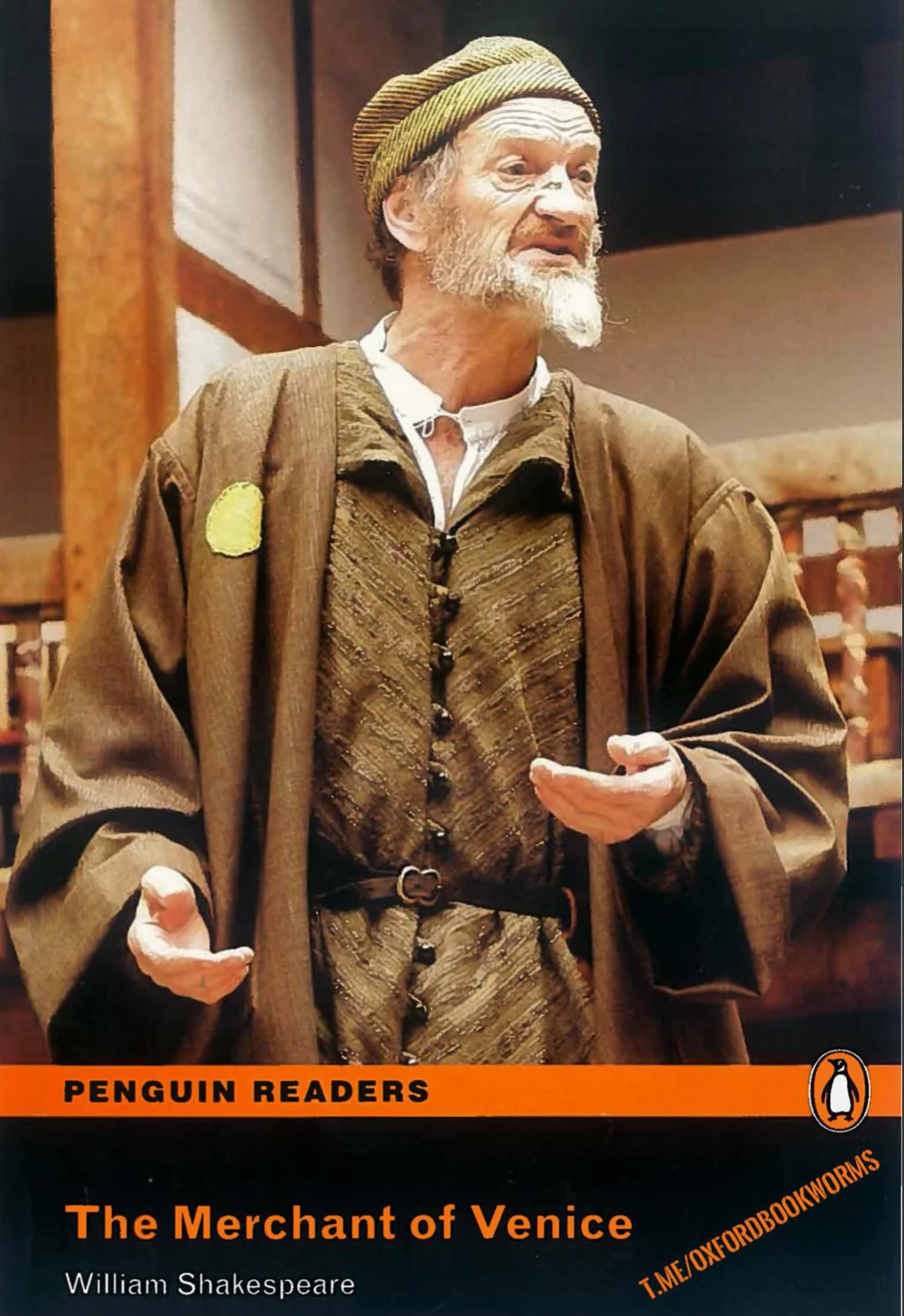

The Merchant of Venice by William Shakespeare is a complex and thought-provoking play that explores themes of love, justice, mercy, prejudice, and the nature of human relationships. The story is set in Renaissance Venice and Belmont, interweaving two major plots: a legal drama centered on a bond and a romantic quest for love.
The play follows Antonio, a melancholic merchant, who agrees to secure a loan for his friend, Bassanio. Bassanio needs the money to court Portia, a wealthy and intelligent heiress. Antonio's wealth is tied up in overseas ventures, so he borrows from Shylock, a Jewish moneylender. Shylock demands a peculiar bond: if Antonio fails to repay the loan on time, Shylock may claim a pound of Antonio’s flesh. Antonio agrees, confident his ships will return in time.
Meanwhile, Portia faces her own dilemma: her late father’s will requires suitors to solve a riddle involving three caskets—gold, silver, and lead—to win her hand in marriage. Bassanio solves the riddle and wins Portia's heart, but their happiness is interrupted when Antonio's ships are reported lost, leaving him unable to repay the loan.
In the dramatic courtroom scene, Shylock demands justice and insists on claiming his bond. However, Portia, disguised as a young male lawyer, delivers a powerful argument about the importance of mercy. She outmaneuvers Shylock by pointing out that his bond allows him to claim the flesh but not spill any blood, rendering his claim impossible without forfeiting his own life and wealth under Venetian law.
Ultimately, Antonio is spared, Shylock is forced to convert to Christianity and forfeit his fortune, and the play concludes with the lovers reunited in Belmont. Despite its comedic elements, The Merchant of Venice is a nuanced exploration of human behavior, prejudice, and moral complexity, leaving audiences to reflect on its themes long after the final act.
This item is available for free download. You may download and use it according to the free item policy.
Published:
Dec 05, 2024 00:25 AM
Category:
Tags: